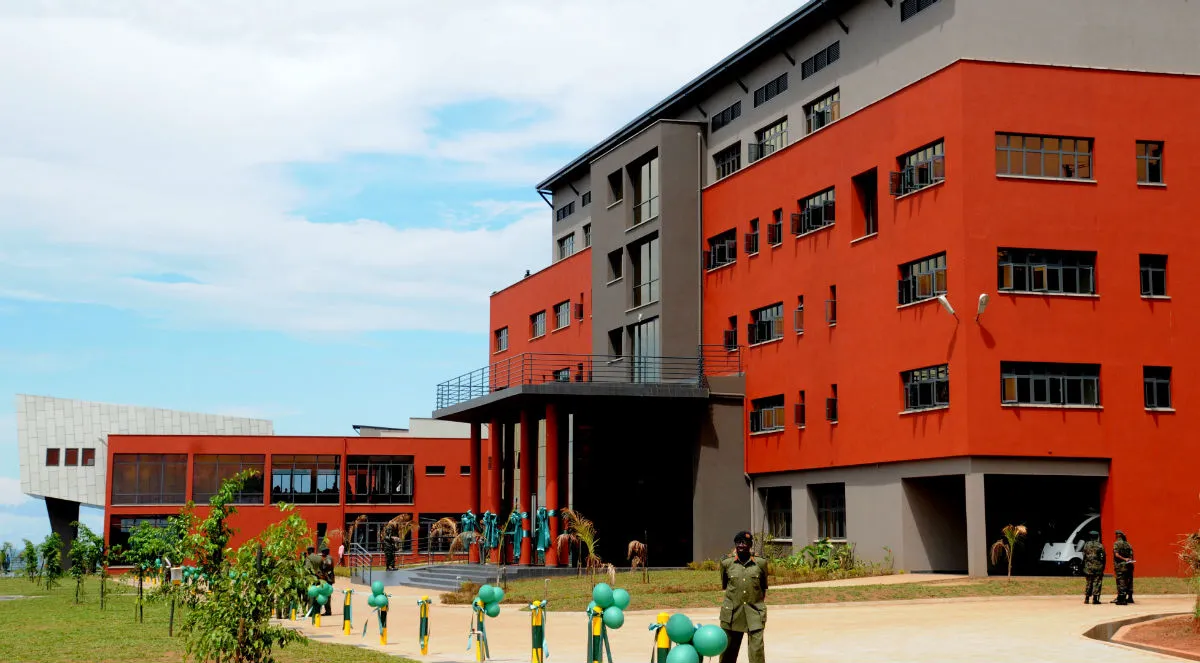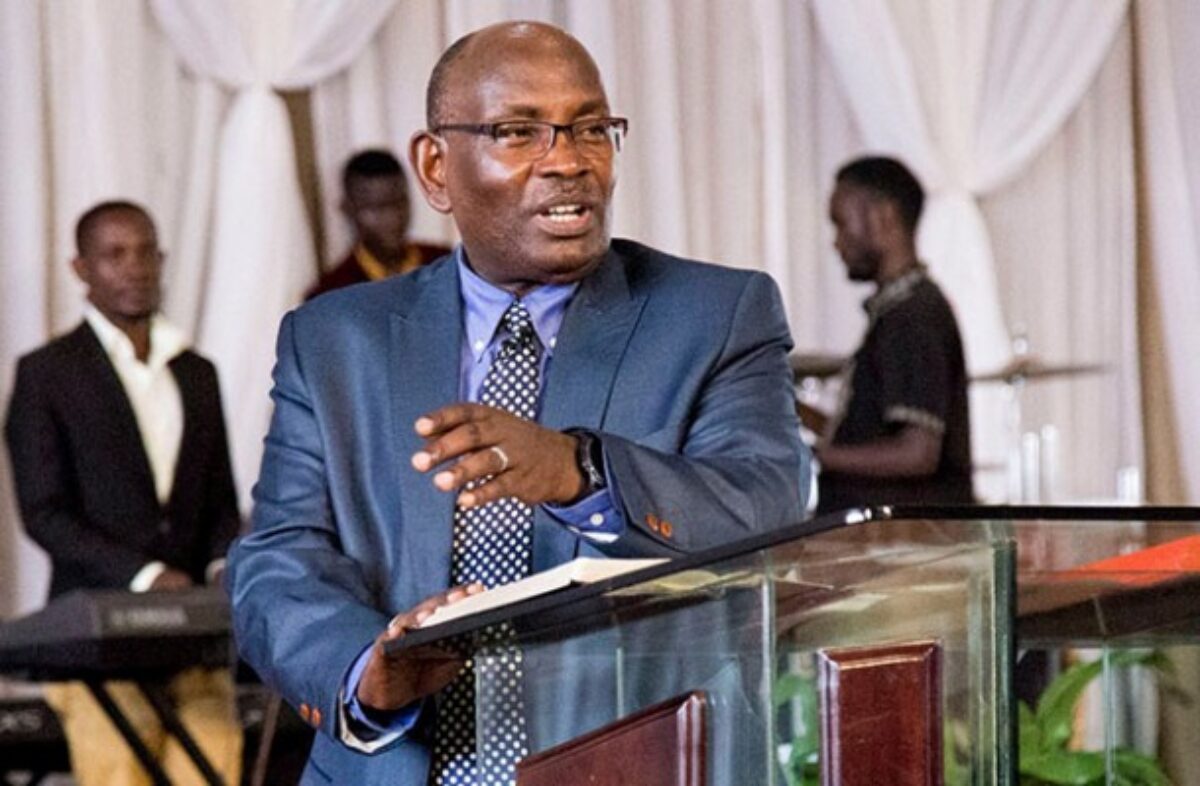The Uganda Muslim Supreme Council (UMSC) has officially declared June 16 as the date for celebrating Eid al-Adha.
In anticipation of the festival, Sheikh Ziyad Swaleh Lubanga, the director of sharia at UMSC, has urged Muslims to make preparations for the ritual slaughtering of animals.
Eid al-Adha, also known as the Festival of Sacrifice, holds significant importance for Muslims worldwide. It commemorates the willingness of Prophet Ibrahim (Abraham) to sacrifice his son, Ismael (Ishmael), as an act of obedience to God.
According to Islamic tradition, Prophet Ibrahim’s obedience was so profound that even when tasked with sacrificing his beloved son, he submitted without hesitation. However, as he prepared to carry out the sacrifice, God intervened and provided a ram to be sacrificed instead, sparing Ismael’s life.
To honor this pivotal event, Muslims ritually sacrifice animals on Eid al-Adha. This act symbolizes their willingness to make sacrifices and their obedience to God’s commands.
Eid al-Adha is one of the two major festivals celebrated by Muslims, the other being Eid al-Fitr. It is marked by prayers, feasting, and the distribution of meat to family, friends, and those in need.
Sheikh Imran Ssali, the secretary for religious affairs at UMSC, emphasized that Muslims should adhere to specific guidelines when performing the sacrifice. He highlighted that part of the meat from the sacrificed animal is intended for the offering family, while the remainder is to be shared with the less fortunate in the community.
Furthermore, Sheikh Ssali clarified that Muslims have the option to perform the sacrifice individually or collectively, provided certain conditions are met. However, he cautioned against slaughtering animals before the Eid prayers, as it would contradict Islamic teachings.




















